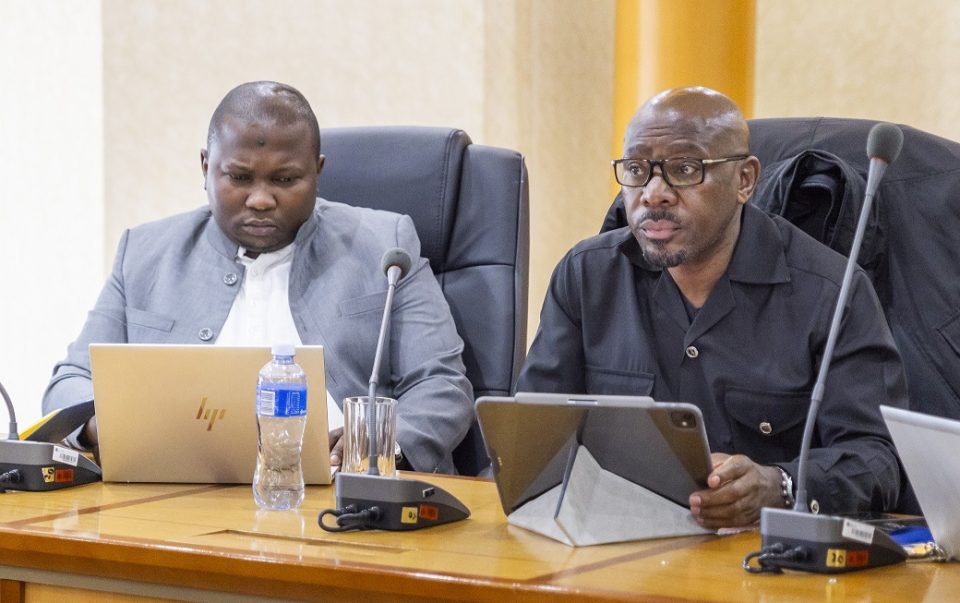THE Gauteng Department of e-Government has tabled a budget of just over R1.5 billion for the 2025/26 financial year.
This investment will drive the continued digital transformation of the province, focusing on improving connectivity, enhancing citizen access to services, and building a digitally smart province.
The Department is advancing the rollout of Gauteng Provincial Network (GPN) Phase 3, which provides fast, reliable internet to government institutions and communities. To date, 1321 Wide Area Network (WAN) and 737 Local Area Network (LAN) sites have been completed, along with 119 Wi-Fi hotspots in 26 priority townships and 423 Voice over IP (VoIP) sites.
This project is critical in building a connected Gauteng that supports digital services in schools, libraries, clinics, and communities, with a special focus on townships, informal settlements, and hostels (TISH).
Technology continues to play a vital role in improving safety across the province.
Over 517 CCTV cameras have been deployed in key crime hotspots, supported by a strategic partnership with Vumacam, which provides access to 6,399 surveillance cameras across Gauteng.
As part of the province’s e-Policing programme, physical e-Panic Buttons have been distributed, and more than 90,000 mobile e-Panic apps have been downloaded. This has already resulted in over 51,000 emergency callouts, responding to incidents like car accidents, shootings, and gender-based violence, especially in Johannesburg, Ekurhuleni, and Tshwane.
The Department continues to strengthen the Gauteng Digital Platform, a one-stop portal for accessing government services online. This reduces the need for citizens to travel, saving both time and money. The platform will be expanded and enhanced to offer more convenient and secure public services.
To boost digital skills in the province, the Department will train 7,700 public servants online, award 70 bursaries, and provide ICT skills training to 12,000 young people, especially those in TISH areas. In addition, 200 township-based ICT entrepreneurs will receive business support, as part of efforts to empower small businesses and promote digital inclusion.
The Department is also modernising HR processes within the Gauteng Provincial Government through the rollout of Employee Self-Service (ESS) modules, training, and awareness programmes to improve efficiency and service delivery.
Image supplied (MEC for eGovernment in Gauteng Bonginkosi Dhlamini- right- and Wiseman Simelane, Chief of Staff in the department, at the Budget presentation, this morning at Gauteng Legislature).

